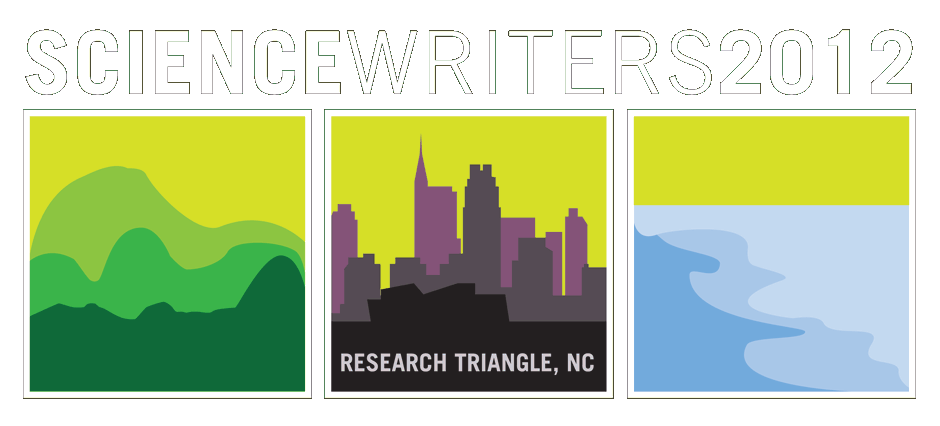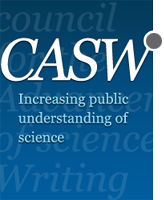Finding evolution's footprints in the "regulome"
By now, biologists know that you need to do much more than map genes to proteins to decipher the evidence of evolution written in the genome. When species adapt and diverge, much of the action actually take place in non-coding, regulatory regions of chromosomes. Regulatory genes and coding genes together form networks with complex feedbacks; mutations in non-coding regions can have cascading effects and even drive creation of new species. Greg Wray was among the first biologists to insist that regulatory regions play a crucial role in evolution. He’s recently shown that adaptations of regulation can explain malaria resistance, lactose intolerance and humans’ big, dense brains. Soon, he says, scientists working on the evolution of gene regulation will be able not just to explain but to predict.
Attendees who register at the CASW website can download background material and the presentation at http://casw.org/evolutionary-biology/new-horizons-science-2012/briefs/re....


